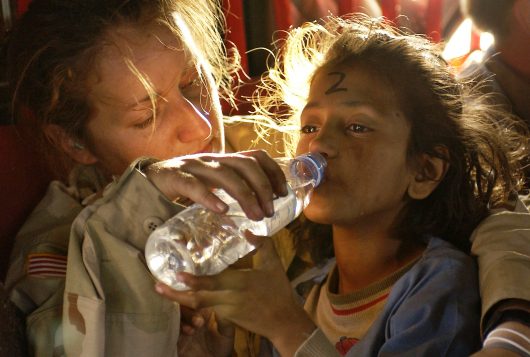International humanitarian response to recent large-scale disasters is widely regarded as unnecessarily inadequate, especially in light of advancements in disaster management understanding and available response resources. This unnecessary inadequacy is manifested in several forms: 1. Insufficient rapid assessment of disaster status and immediate relief needs prior to emergency response, resulting in frequent interventions that are inappropriate, 2. Poor communication and coordination between disaster responders, resulting in both duplication and omission of critical response elements, 3. Insufficient basic skills among disaster responders, resulting in under par acute injury and disease management, sanitation and preventive health measure, and provision of essential human needs (shelter, water, food, reunification), 4. Host government’s failure to recognize the skill, preparation, and capacity of EMTs (Emergency Medical Teams), resulting in denial of entry and participation of these EMTs that have potential to provide significant aid, 5. Insufficient attention to post-disaster on-going healthcare needs, infrastructure rebuilding, and disaster prevention, resulting in post-disaster epidemics, hunger, and recurrent disaster.
In response to these enumerated inadequacies, the WHO at the May 2016 World Health Assembly announced the process of developing and launching internationally-recognized EMTs as a critical component of rectification. At the time of this writing, over 64 nations have either launched or are developing accredited teams to provide surge support to nations by delivering emergency clinical care to sudden-onset disasters and outbreak-affected populations. Neither the United States government nor large-capacity US based NGOs have yet committed to adopting the EMT concept, leaving our nation of altruism on the sidelines of this critical international humanitarian development.
Reasons for this lack of progress stem from issues of funding and of leadership. The US Government continue to struggle to find funding for high-profile Zika concerns, let alone equipping EMTs. Similarly, funding of NGOs is crisis centered, rather than anticipatory such as is required for EMTs. Parallel to these funding concerns, organizational leadership, however well intended, is largely driven by funding and urgently felt needs – rather than by the future-oriented prospect of EMTs role.
What will be the United State’s response to trailing other nations in global humanitarian responsiveness?

